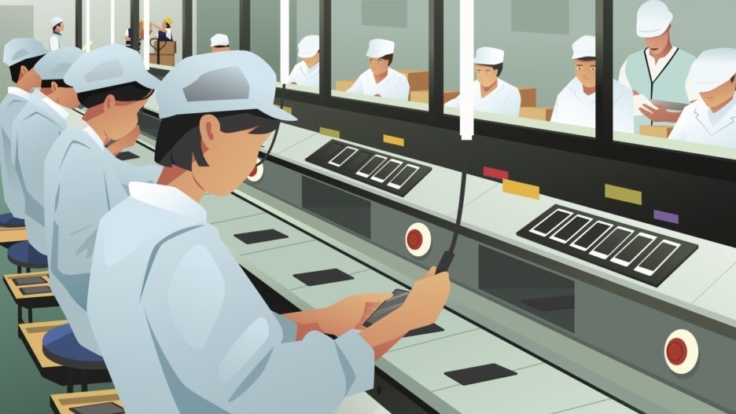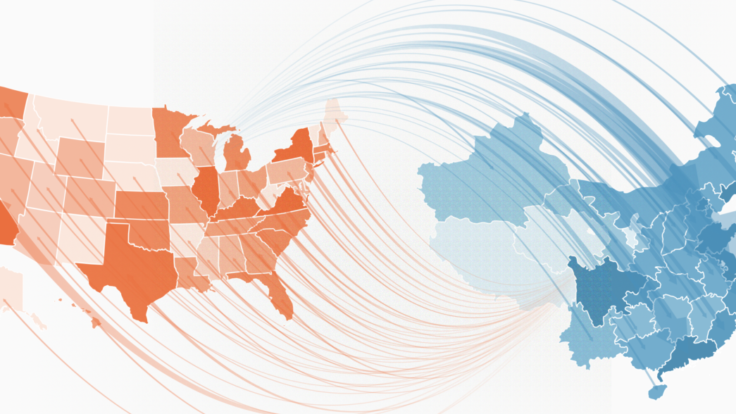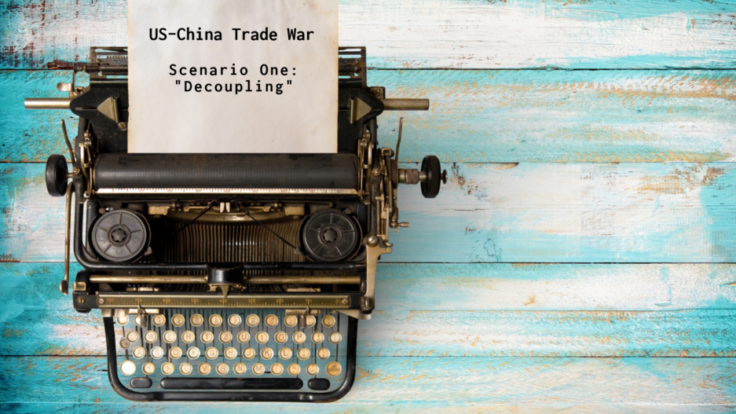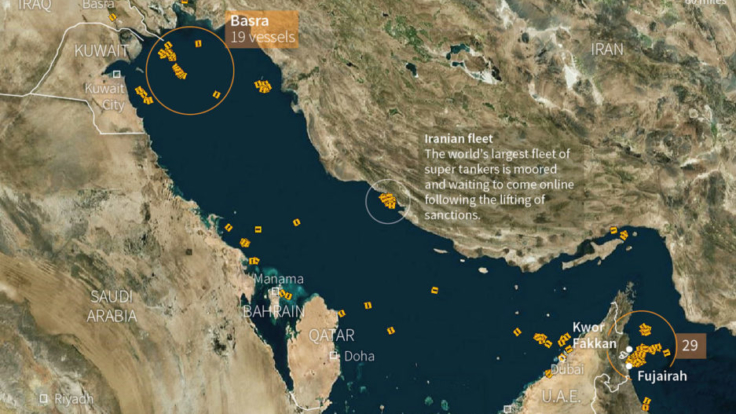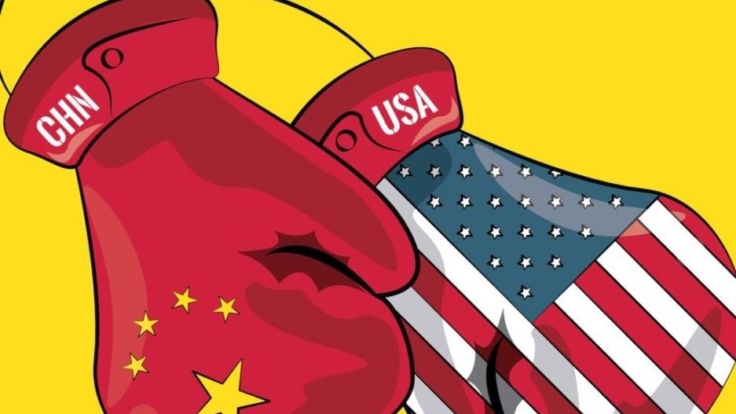Feeding China’s State-Owned Enterprises With Government Cash
China went from a net importer of critical intermediary goods such as glass, paper, steel, and auto parts, to becoming the leading producer and dominant global exporter of these products. How could this seismic shift occur in industries where China does not maintain a particular advantage in labor, technology, or natural resources? The answer in large part is subsidization of Chinese production in the form of state-directed capital flows.






